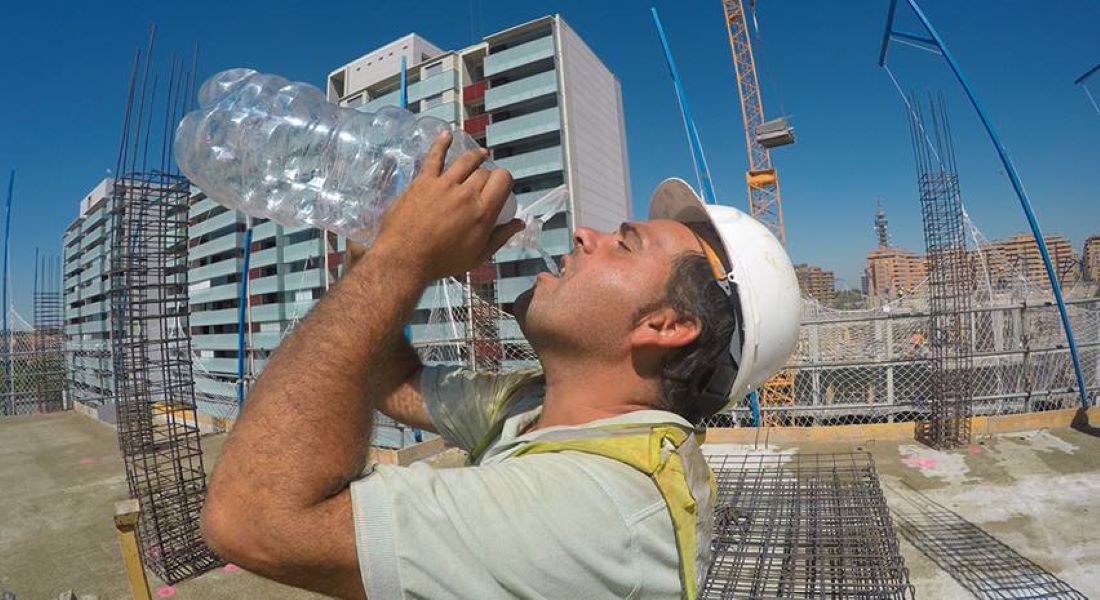The ICARUS Project: How Humans Deal with Heat
Heat is essential for life, but excessive exposure can be fatal for humans and we are as humanity and individual humans at risk of suffering the same fate as Icarus from the ancient Greek myth - unless we develop improved adaptation measures and collectively change behaviour to combat climate change.

The ancient Greek myth about Icarus, describes how he ignored advising and died because he came to close to the sun. Today, we know much more about negative health consequences of overheating and harmful effects of sunburns associated with ultraviolet radiation. Nevertheless, heatwaves and unfavorable sun-behaviour each year results in many individual casualties and thermal stress is a significant public health issue. Furthermore, our collective behaviour also results in global warming directly elevating our own risk for heat exposure as well as threatening the global ecosystem.
The ICARUS project, led by Professor Lars Nybo (NEXS) together with Assistant Professor Rosa Lavelle-Hill (SODAS), Associate Professor Catharina Lerche (Bispebjerg Hospital) and Professor Andreas Flouris (University of Thessaly) will study the interactions between physiology, psychology, and culture to improve the mitigation of health threats associated with global warming. Combining expertise in physiology, pharmacology, photobiology, psychology, behavioural science, and Artificial Intelligence (AI) we aim at developing an improved framework for identifying individual at risk, but also for improving advice adherence and effective mitigation measures.
The experimental studies will build on Lars Nybo, Andreas Flouris, and Catharina Lerche’s research portfolio on heat resilience to understand the interaction between ultraviolet radiation and temperature exposure on human physiology, assess the importance of psychological variables, and understand the factors behind reported country differences.
The large amounts of data collected, both in the lab and in the field, will feed into machine learning algorithms that model heat-related behaviour, risk taking and symptoms to generate personalised alerts and advice via a mobile phone application. Spearheaded by Rosa Lavelle-Hill, algorithms will be designed to holistically consider the individual's physiology, behavioural patterns, psychological profile, and willingness to adopt resilience-building strategies. In support of the sustainability agenda, this approach also forms a novel basis for developing advising algorithms relevant for optimisation of climate change mitigation policy-making.
Project ICARUS is supported by a DKK 15,000,000 Interdisciplinary Synergy grant awarded by Novo Nordisk. Its starting date is 1 July, 2024.
